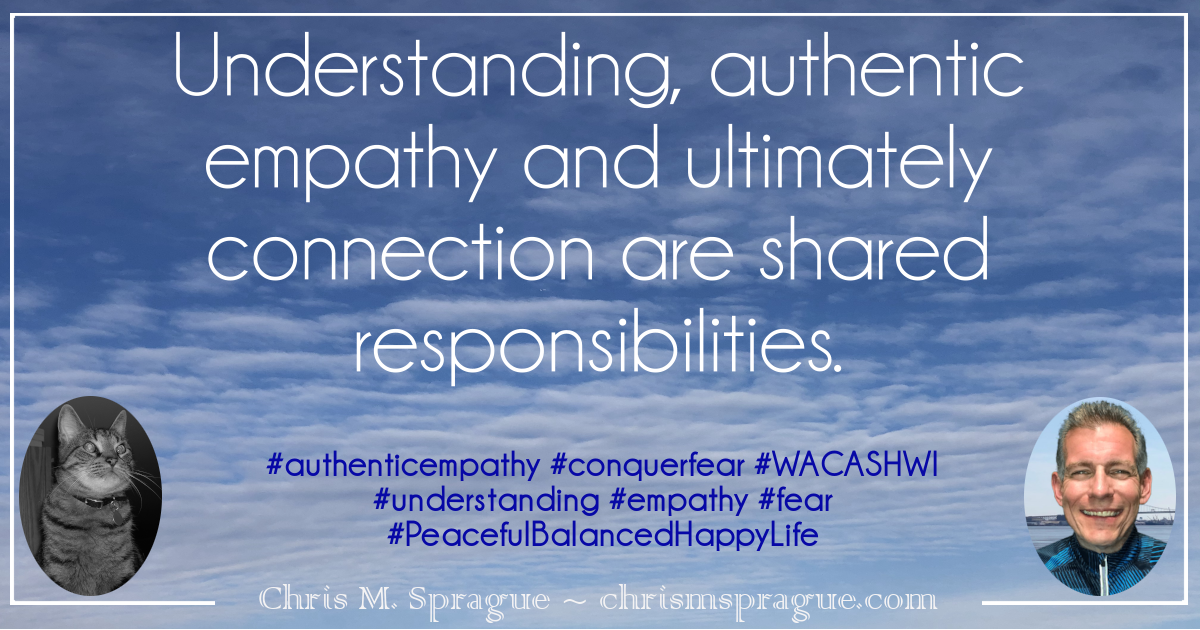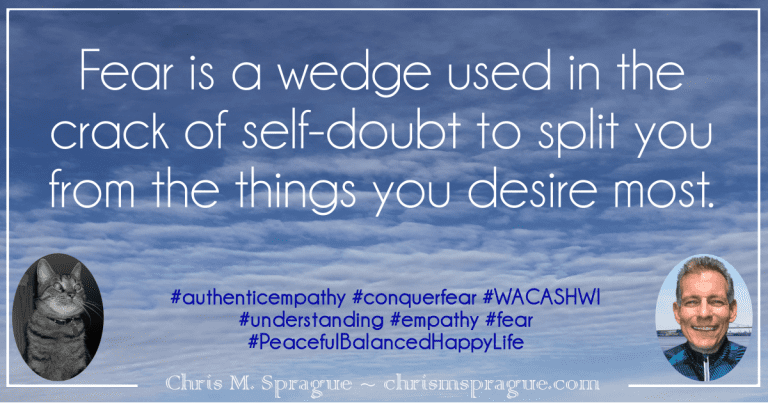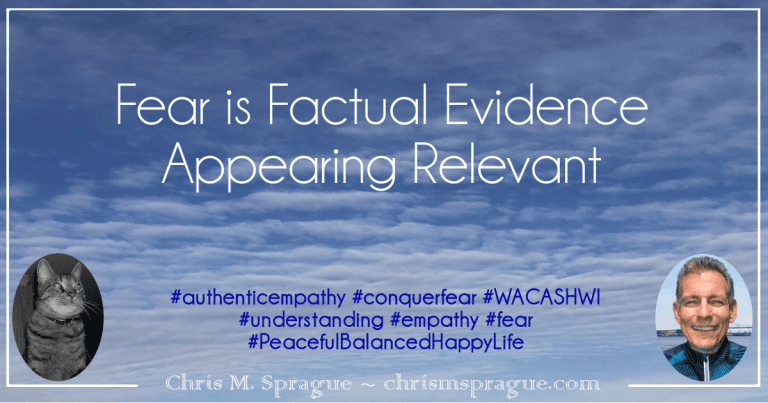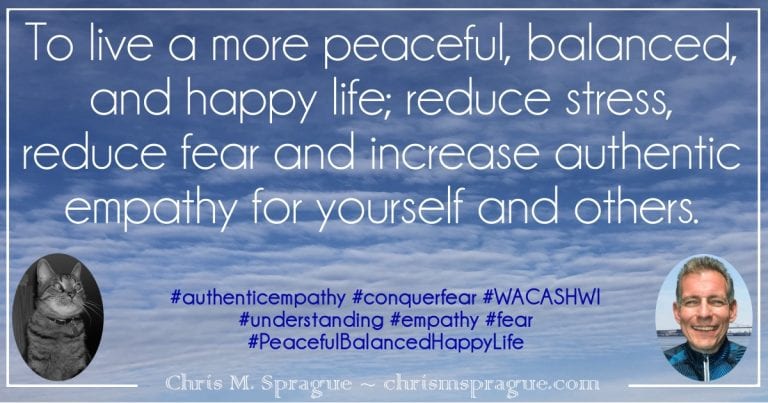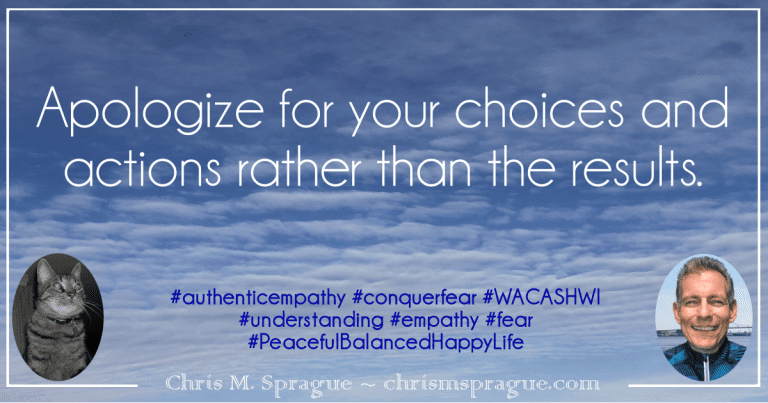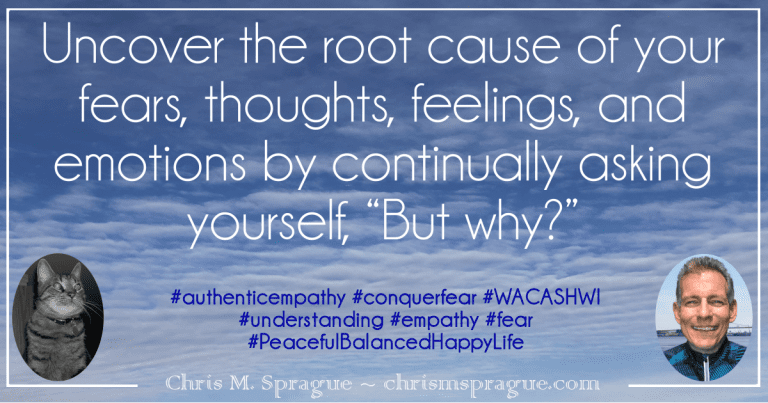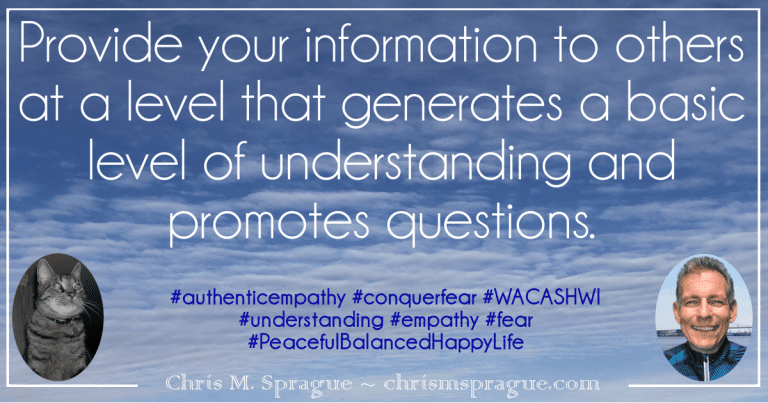Understanding, Authentic Empathy and Connection Are Shared Responsibilities
Estimated Reading Time: 6 Minutes
Why it is so important to realize that the process of understanding, experiencing authentic empathy and keeping a connection is a two-way street.
Have you ever been in a relationship and felt that your partner did not understand you? Have you ever had a friend that you thought did not experience authentic empathy for you? Have you ever had a loved one that you lost touch with or lost your connection with? When you realized any or all these things, what did you do about it?
When people pass away, we often regret the time we did not spend with them. In many cases, we did not spend time with them because of something we did. In other cases, it was something they did. In the end, it does not matter why we did not spend time with them. What matters is that problems arise when you do not accept that connection, understanding, and authentic empathy are shared responsibilities. Both people in a situation have the obligation to keep the connection alive. Both people have the duty to understand each other and experience authentic empathy for each other. Sometimes, it means one person doing it when the other is not. If that happens, it will lead to more short-term hurt, anger, and frustration. However, the long-term gain is worth it.
Understanding, authentic empathy and ultimately connection are shared responsibilities.
How this applies to fear…
When it comes to fear and realizing that understanding, authentic empathy and connection are shared responsibilities, the fear of losing someone will drive you to this realization quickly. The fear of losing someone changes what is and is not important to us. One trick you can use is to rekindle connections sooner rather than later is to feel and imagine how bad that fear will be. Then, use that feeling to drive you to make the changes now. I invite you to say to yourself, “If I knew this person would die in a month, would I really care how we started to connect again? Would it matter who made the first call?” Another fear we have is a fear of things being one sided. We are afraid that we will be the only one who tries to keep the connection alive. While that fear may come to fruition, there is a chance that you choosing to work on keeping a connection will prompt the other person to do the same work.
How this applies to authentic empathy…
When it comes to authentic empathy and realizing it, along with understanding and connection, are shared responsibilities, this realization will open you up to experiencing more authentic empathy. It will allow you to focus more on the other person and less on yourself. While this can be hard to do if you are not getting what you need, the work will be worth it. There is something to be said for the adage; seek first to understand then be understood. In this case, it is, seek first to experience authentic empathy for others then have them experience authentic empathy for you.
How this applies to WACASHWI…
When it comes to WACASHWI and realizing that understanding, authentic empathy and connection are shared responsibilities, one of the things that will probably go on your list is improving a relationship with someone. Many people who put that on their list forget to include the step of coming to terms with understanding, authentic empathy and connection being shared responsibilities. This leads them to get frustrated that the relationship they are trying to improve is not making any progress. To overcome that challenge, when working on improving relationships, be the one to make the first move and commit to persevering until the understanding, authentic empathy and connection are either a two-way street or the relationship is lost forever.
Your daily invitations…
- I invite you to think about someone who you have lost a connection with that it would be healthy for you to get that connection back.
- I invite you to consider what it would look like you reached out to that person and started a conversation.
- I invite you to write down your thoughts, feelings, and actions in your journal.
- I invite you to talk to the person and apologize to them even if you feel it was their fault that the connection was severed.
Final step – how will you implement one thing you learned today in your life?
This all is but one step in your journey to living a more stress-free life, beating the demons of fear, and raising your level of authentic empathy towards yourself and others.
